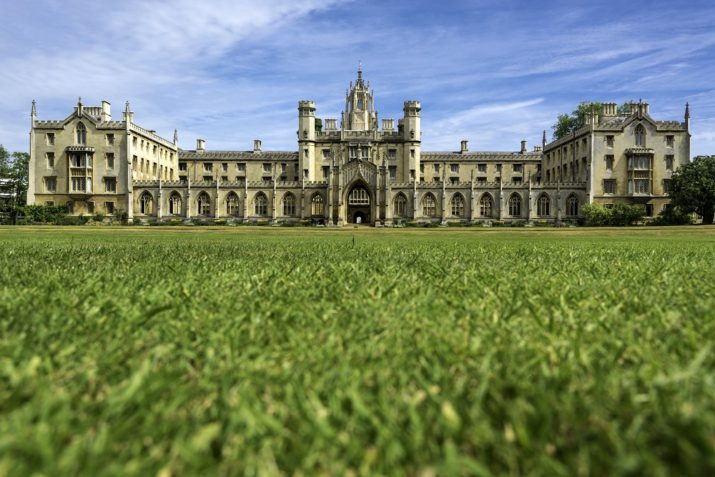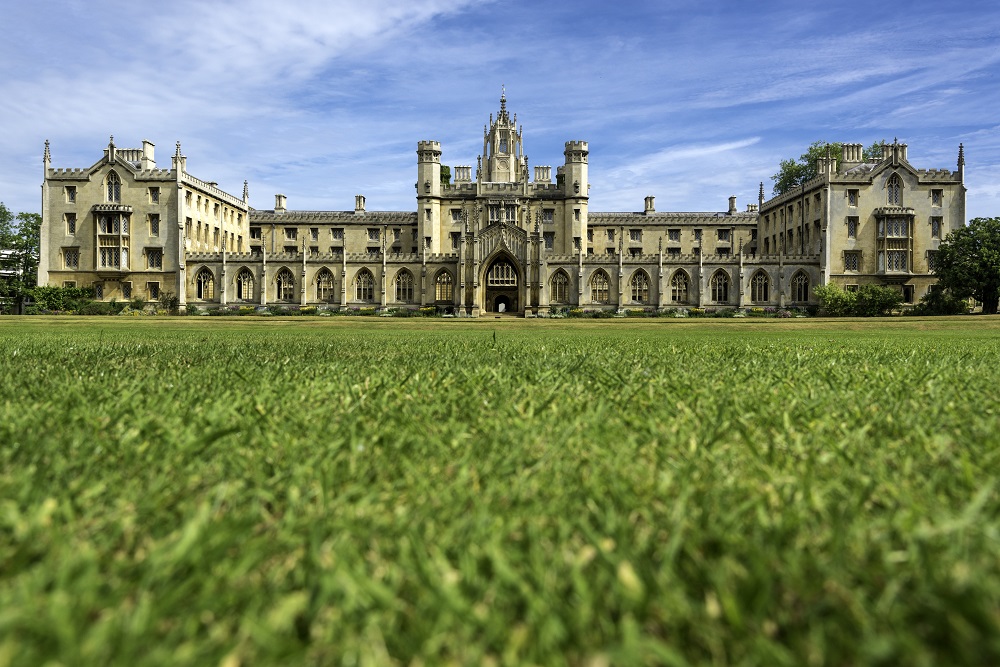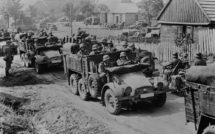

Aims and objectives of the course
The aims of this paper is to introduce you to the management aspects of heritage: how heritage is officially recognized, the instruments that are used to define, protect, and disseminate heritage, and the kinds of organizations involved in heritage at regional, national and international levels. The paper also aims to introduce you to recent developments concerning notions of property through discussion of heritage law and illicit trade, to the concerns of community archaeology and outreach, and to the impact of tourism. The paper aims to make you aware of the history of heritage management and to understand this as a field under development and subject to on-going research. In particular, it aims to show how we interact with and shape the past and to give you a good sense of the historical development of current infrastructures and institutions and how the aims of management change according to its contexts.
The objective is to provide candidates with a sound knowledge about reasons for and ways of managing the past. During the course, candidates will develop a broad understanding of the diverse issues involved in heritage management, as well as an understanding of the types of agents and instruments involved. During the Michaelmas term the candidates will learn to use England as a specific case study, with parallels drawn with international concerns and the management regimes of other regions. At the end of the term they will be familiar with the main types of organizations and issues involved in the management of the past and also with the typical ‘labour divisions’ that exist. During the Lent term candidates will expand their horizon and learn about the tools used, in particular law and policy guidelines. Moreover, they will have been introduced to debates about illicit antiquities and management plans, to examples of contested or complex management and to discussions about the ‘public’ and various forms of outreach. There will also be a number of local fieldtrips.
1. Introduction. The development of heritage management & challenges today
2. Seminar: Discussion of the visit to Flag Fen (Fieldtrip on 6 October, 1:00-5:30)
3. Lecture: Affective experiences: embodied performances of heritage making
4. Lecture: Scales of Engagement – regional, national, international, global
5. Lecture: Heritage Management: The role of international bodies
Fieldtrip to the County Archaeologist’s Office
6. Seminar: World Heritage – An analysis of application dossiers
7. Field excursion: Cambridge heritage as a tourist destination
8. Lecture & Seminar: Threats to Heritage
LENT TERM 2017
9. Lecture & Seminar: What is Inclusion?
10. Lecture: Heritage and its public- the politics of public engagement
11. Lecture: Digital Heritage
12. Cultural Diplomacy and Cultural Policies
13. Lecture: Reconstruction, Recovery & Remembrance
14. Lecture and Seminar: Illicit antiquities and subsistence digging
15. Lecture & Seminar: Cultural Heritage and Law
16. Lecture & seminar: Cultural Heritage Ethics
Fieldtrip to Historic England
EASTER TERM 2017
17. Industrial Heritage
18. The challenges of development: Case study of Sudan
19. Case study: Cultural heritage as a tool of diplomacy, US & Afghanistan
Fieldtrip to The Museum of Cambridge (Folk Museum)
This syllabus by Dacia Viejo-Rose is part of our special feature Memory and the Politics of the Past: New Research and Innovation.
Read Cultural Heritage and Politics of the Past: An Interview with Dacia Viejo-Rose here.
Photo: Shutterstock
Published on April 4, 2017.




